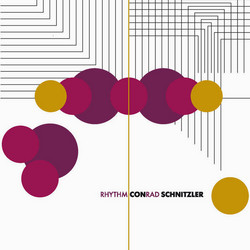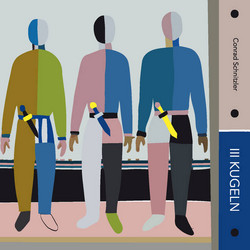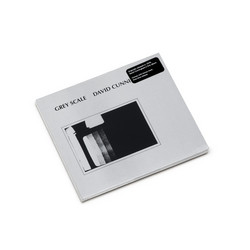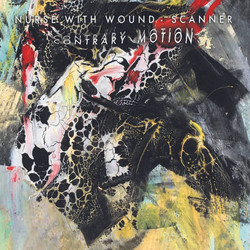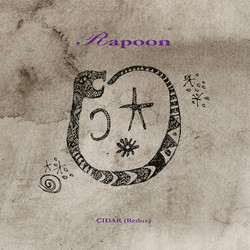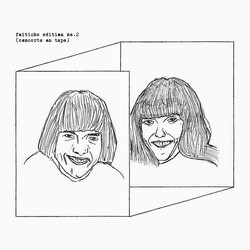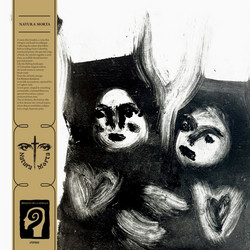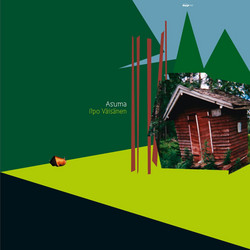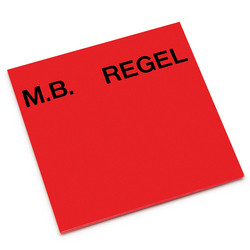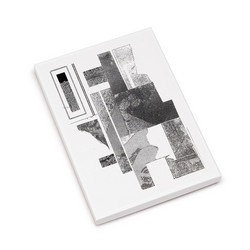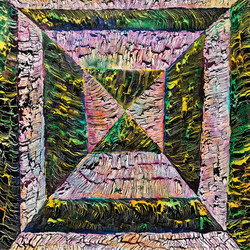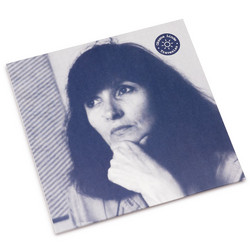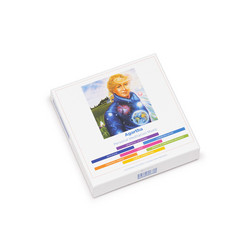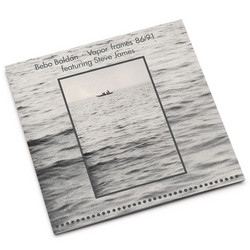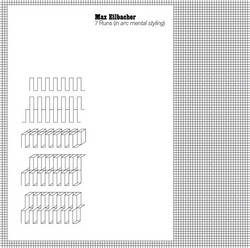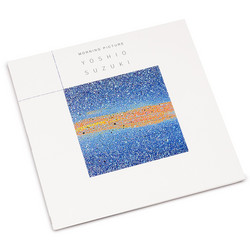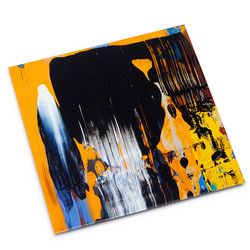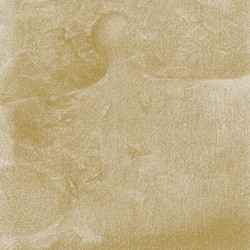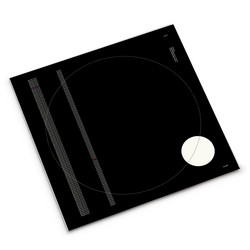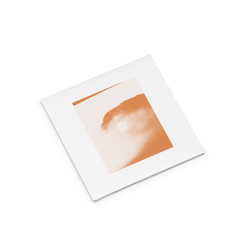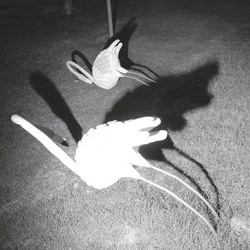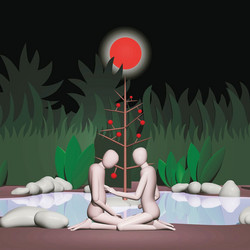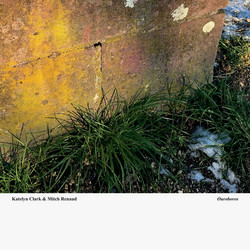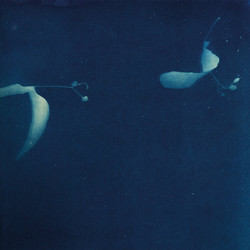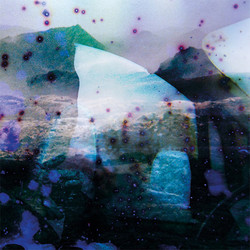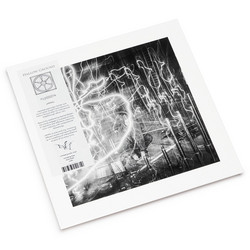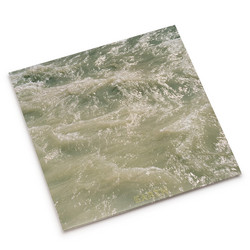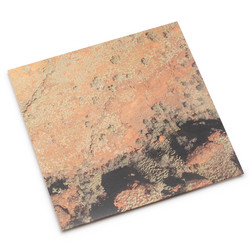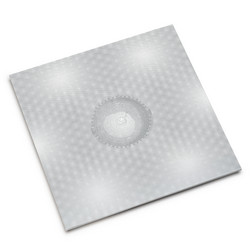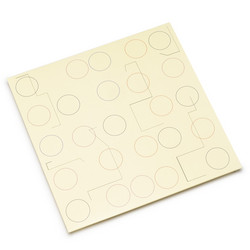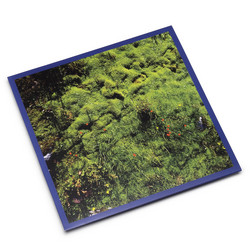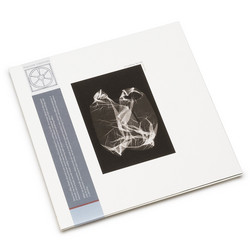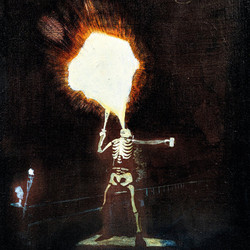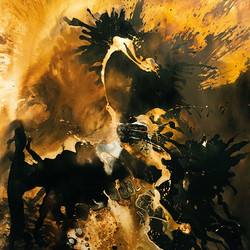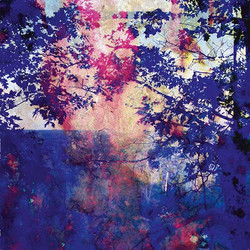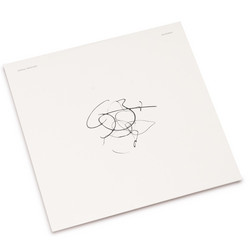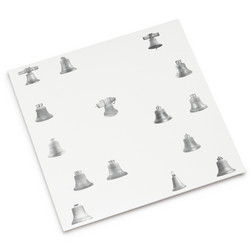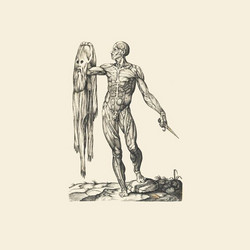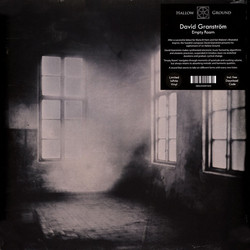Siavash Amini, Eugene Thacker
Songs For Sad Poets (2LP)
Big Tip! In process of stocking Composer and sound artist Siavash Amini collaborates with author Eugene Thacker on Songs for Sad Poets. The collection of eight pieces draws its inspiration from the legacy of the so-called cursed poets (»poètes maudits«) as well as the German-language tradition of song cycles and expands the structure of the classic art song through a process of lyric abstraction. Amini is no stranger to interdisciplinary collaboration, as seen in »A Mimesis of Nothingness,« his 2020 collaboration with photographer Nooshin Shafiee, also released through the Swiss Hallow Ground label. But whereas in Amini’s previous collaborations music and other media are set in dialogue, with Songs for Sad Poets, Thacker’s poems and Amini’s soundscapes are deeply enmeshed with each other. In fact, none of the words printed in the record’s booklet are being said out loud on this double LP, but rather made tangible through the use of sound. Poetry and music do not so much correspond with each other as they conspire together—as songs without words, words without song.
Songs for Sad Poets was born out of a mutual admiration of each other’s work, and it is easy to see how the musician and the writer could relate to one another artistically. The Tehran-based Amini has released over 20 albums in the past decade—among them »TAR« and »FORAS« on Hallow Ground—that probe the physical world but also search for something beyond it. His compositions draw on field recordings as well as acoustic and electronic sounds, blurring the lines between what is conventionally perceived as real or authentic and the abstract or otherworldly. The New York-based Thacker on the other hand is known as a writer whose philosophical works like »Infinite Resignation« read like poetry while his poetry and other literary writing is inherently philosophically charged. What unites them on this project is an interest in the idea of the fragility of the human being set against the vast horizon of climate, planet, and the cosmos that produces a »sadness without cause.« The pieces on Songs for Sad Poets translate this nearly inexpressible ambient melancholy into dense and sometimes claustrophobic pieces that are marked by internal tensions and slowly unfolding dynamics.
The eight poems are neither only the starting points nor just the byproduct of the compositions, or vice versa. Instead, the entire record is one single result of a coherent creative process. Thacker’s writing—dedicated to the poètes maudits Gérard de Nerval, Chūya Nakahara, Sadeq Hedayat, Alejandra Pizarnik, Giacomo Leopardi, Mário de Sá-Carneiro, Zhu Shuzhen and Jean-Joseph Rabearivelo—is marked by a stunning formal rigour, but also a wide-reaching evocativeness. All it needs to conjure up an all encompassing sense of cosmic sorrow is a few lines with even fewer words in them. The rhythmic character of the poems is reflected in Amini’s music which puts an emphasis on tone and mood, but also on movement and density. All of this makes »Songs for Sad Poets« a work of art that directly addresses its listeners’ affects, expressing an underlying melancholy while evoking an air of dread by transcending the borders between music and literature.
